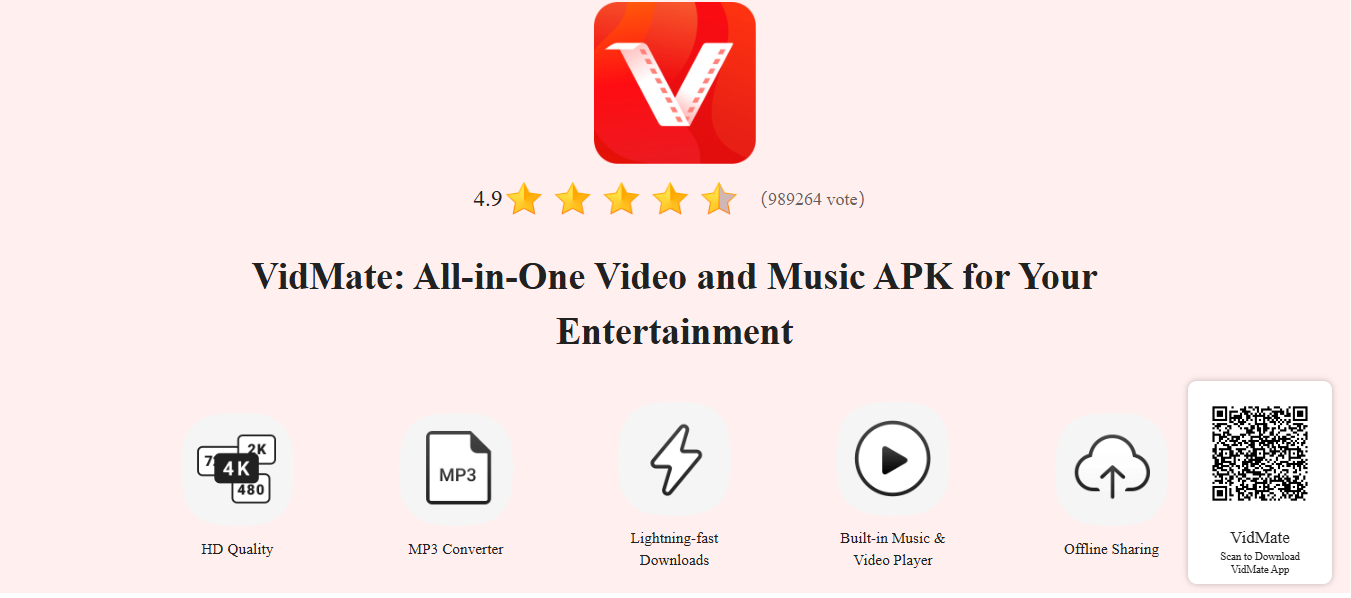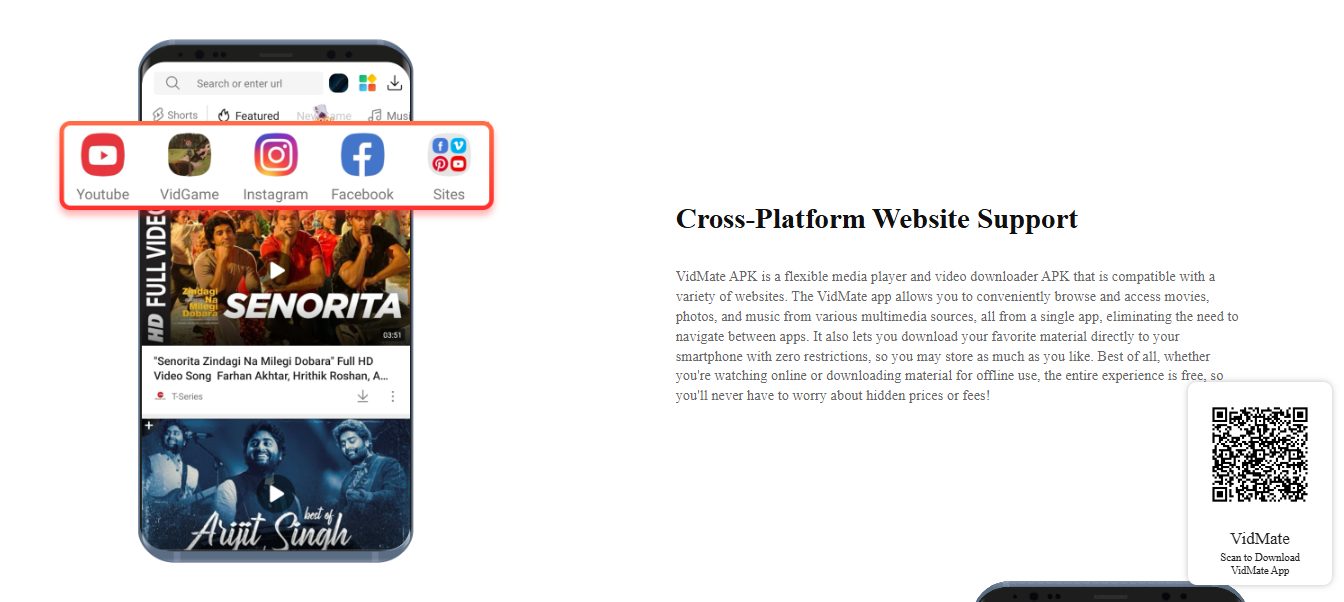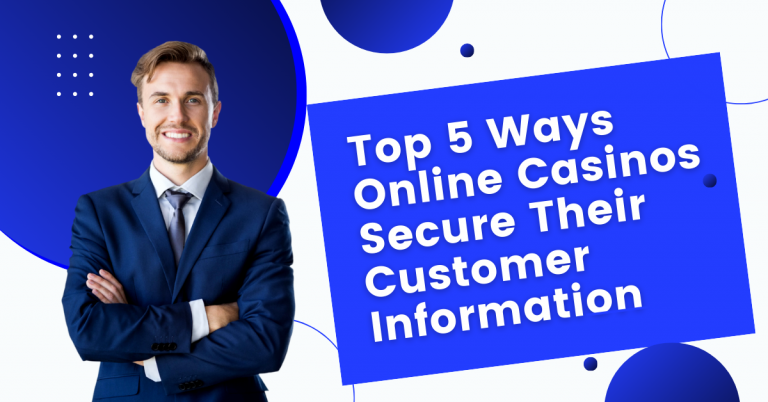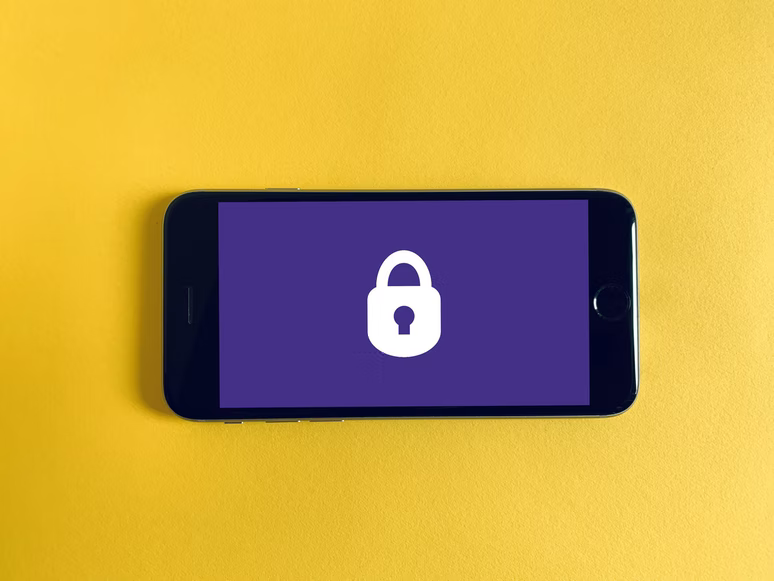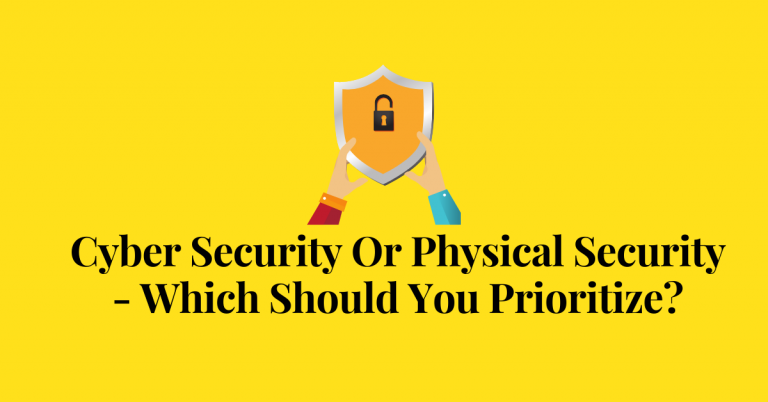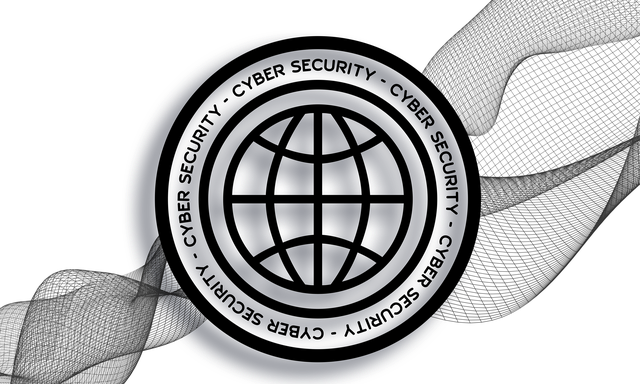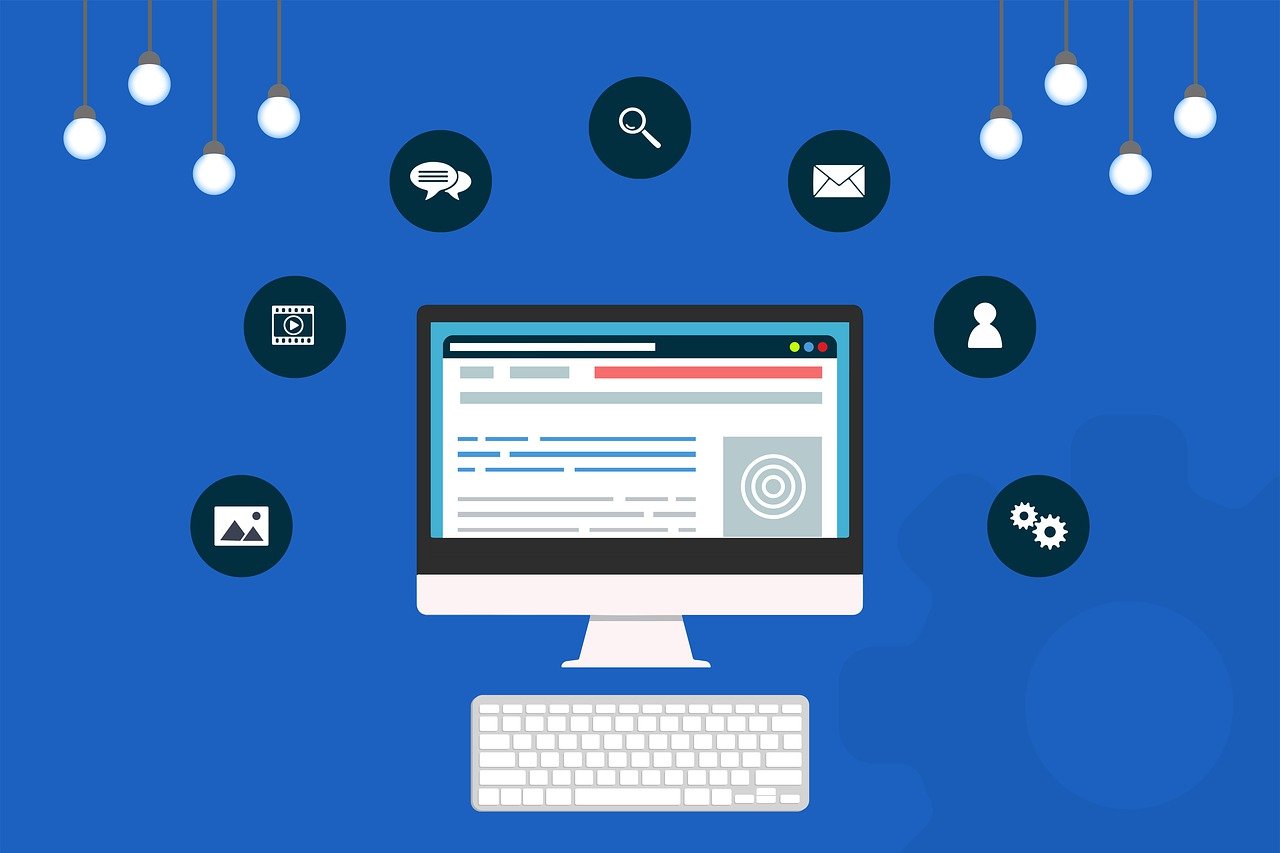Discover how VidsSave enhances your online video downloading experience in this article.
In our digital age, videos have become a primary source of entertainment, education, and information. Whether it’s a tutorial on YouTube, a viral clip on TikTok, or a heartwarming moment captured on Instagram, the ability to download these videos for offline viewing has never been more essential.
Enter VidsSave, an innovative online video downloader that simplifies this process, ensuring you can enjoy your favorite content anytime, anywhere. In this article, we’ll explore how VidsSave enhances your online video downloading experience in 2025.
Table of Contents
What is VidsSave?
VidsSave is a powerful online video downloader that allows users to download videos from various platforms such as YouTube, Facebook, Instagram, TikTok, and more. Its user-friendly interface and swift processing capabilities make it a top choice for anyone looking to save videos for offline use.
Key Features of VidsSave
- Multi-Platform Support: VidsSave supports a wide array of popular platforms, making it versatile for users who enjoy content from multiple sources.
- Multiple Format Options: Users can choose from various formats, including MP4 and MP3, catering to different needs, whether you want a video or just the audio.
- Resolution Choices: With options ranging from 144p to 4K, you can select the quality that fits your device and viewing preferences.
- Instant Processing: The moment you paste a video link, VidsSave begins analyzing it, providing a download link faster than many competitors.
- Privacy and Security: All processing is done locally, ensuring your data is secure and not stored on external servers.
READ ALSO: How to Seamlessly Combine a Video Downloader and Music Downloader for Ultimate Multimedia
Why Use an Online Video Downloader?
Convenience and Accessibility
In a world where internet connectivity can be unreliable, having access to videos offline can be a game-changer. An online video downloader like VidsSave allows you to download videos effortlessly, ensuring that you can watch your favorite clips without buffering or interruptions.
Learning and Educational Resources
Many people use online videos for educational purposes. With VidsSave, you can download tutorials, lectures, and other educational content to review at your leisure, making learning much more accessible. Imagine being able to revisit a complex math tutorial or a cooking class without needing to stream the video again. This flexibility enhances your learning experience by allowing you to study at your own pace.
Save Data and Costs
Streaming videos can consume a significant amount of data. By downloading videos using VidsSave, you can save on your data plan and avoid additional costs associated with streaming. This is especially beneficial for users with limited internet packages or those who frequently travel and may not always have access to stable Wi-Fi.
Enhanced Entertainment
Whether you’re on a long trip, waiting for an appointment, or simply relaxing at home, having your favorite videos offline means consistent entertainment. VidsSave allows you to create a personal library of videos that you can watch without worrying about internet access or data usage.
How to Use VidsSave: A Step-by-Step Guide
Using VidsSave is straightforward and intuitive. Follow these simple steps to download your favorite videos:
Step 1: Copy the Video Link
Start by navigating to the platform where your desired video is located. Click on the “Share” button or the menu icon, then select “Copy Link.”
Step 2: Visit VidsSave
Open your preferred web browser and go to the VidsSave website. The interface is clean and easy to navigate.
Step 3: Paste the Link
Locate the search box on the homepage. Paste the copied video URL into this box.
Step 4: Choose Format and Quality
After pasting the link, click “Download.” You’ll be presented with options to choose your preferred format (MP4 or MP3) and resolution (from 144p up to 4K, depending on the video source).
Step 5: Download and Save
Select your desired options, and the download will start automatically. The file will be saved directly to your device’s Downloads folder, ready for offline viewing.
The Advantages of VidsSave in 2025
As technology continues to evolve, VidsSave remains at the forefront of online video downloading solutions. Here are some advantages that make VidsSave a standout choice in 2025:
User-Friendly Interface
VidsSave prioritizes user experience. The straightforward layout ensures that even those who are not tech-savvy can navigate the site with ease. The simple steps required to download videos make it accessible to everyone, from teenagers to seniors.
Wide Range of Language Options
Understanding that users come from diverse backgrounds, VidsSave offers multiple language options. This inclusivity enhances usability, allowing more people to take advantage of its features. Whether you speak English, Spanish, Hindi, or Vietnamese, you can easily navigate the platform in your preferred language.
Mobile Compatibility
Whether you’re on a smartphone, tablet, or desktop, VidsSave is fully compatible across devices. This flexibility means you can download videos anytime, anywhere. With the increasing use of mobile devices for viewing videos, having a mobile-friendly downloading service is crucial.
Fast and Efficient
VidsSave’s instant link processing is one of its best features. Unlike many other services, which may take time to analyze links, VidsSave starts the download process almost immediately, saving you valuable time. This efficiency is essential for users who want to quickly save and watch videos without delays.
Privacy and Security
In an age where online privacy is paramount, VidsSave ensures that your information remains confidential. The local processing of downloads means that no data is stored externally, giving you peace of mind. Users can download videos without worrying about their personal information being compromised.
Exploring the Different Formats and Resolutions
Formats Available
VidsSave allows users to download videos in several formats, primarily MP4 and MP3.
- MP4: Ideal for video content, MP4 is a widely supported format that maintains quality while keeping file sizes manageable. This makes it perfect for watching on various devices, from smartphones to smart TVs.
- MP3: If you’re interested in just the audio, MP3 is the way to go. This format is perfect for music videos, podcasts, and any content where you want to listen without needing the video component.
Resolution Options
VidsSave offers a range of resolution options to suit different preferences and device capabilities:
- 144p: Suitable for quick downloads and low-bandwidth situations.
- 480p: A decent quality for mobile viewing.
- 720p: Great for standard HD playback.
- 1080p: Full HD for a more immersive viewing experience.
- 4K: For users with high-definition displays, 4K offers stunning visual quality, provided the source video is available in this resolution.
Real-World Applications of VidsSave
For Students
Students can greatly benefit from VidsSave by downloading educational videos, lectures, and tutorials. Imagine being able to watch a chemistry lecture offline while studying for an exam. This makes learning more effective and allows students to revisit complex topics or concepts as needed.
For Content Creators
Content creators can also leverage VidsSave for inspiration and research. By downloading videos they find engaging, they can analyze different styles and techniques, helping them improve their own content creation.
For Travelers
Travelers can use VidsSave to download entertainment for long journeys. Whether it’s movies, travel vlogs, or music playlists, having downloaded content can help pass the time on flights or long bus rides without relying on internet connectivity.
For Music Lovers
Music enthusiasts can download music videos or live performances to enjoy offline. This is particularly useful for those who want to create playlists for parties or personal enjoyment without consuming data during streaming.
Frequently Asked Questions (FAQs)
1. Is VidsSave free to use?
Yes, VidsSave is entirely free. Users can download videos without incurring any charges. This makes it accessible for anyone looking to save content without financial constraints.
2. Do I need to create an account?
No account creation is necessary. You can start downloading videos immediately after visiting the site. This simplicity is one of the hallmarks of VidsSave, allowing users to jump right in without unnecessary steps.
3. What formats can I download videos in?
VidsSave allows you to download videos in various formats, including MP4 and MP3, depending on your needs. This flexibility ensures you can choose the format that best suits your preferences.
4. Can I download videos from any platform?
VidsSave supports a wide range of platforms, including YouTube, Facebook, Instagram, TikTok, and more. This broad compatibility means you can download videos from your favorite sources without hassle.
5. Is there a limit to the number of videos I can download?
There is no limit to the number of videos you can download. Feel free to save as many as you like! This unlimited access is great for users who want to build a comprehensive library of content.
Conclusion
In 2025, VidsSave stands out as a leading online video downloader, offering users a reliable and efficient way to save their favorite video content. With its user-friendly interface, multi-platform support, and commitment to privacy, VidsSave is transforming the way we interact with online videos.
Whether for entertainment or educational purposes, VidsSave elevates your online video downloading experience to new heights.
For anyone looking to download videos seamlessly, VidsSave is the ultimate solution. Start enjoying your favorite content offline today!
INTERESTING POSTS
- Best Proxies for School: A Guide to Safe Internet Access
- Reasons To Use Data Tape Media For Your Business
- Why Cyber Security Matters In The Field Of Education
- Basic Tips To Ensure Online Safety
- Data Security Protection Tips That Would Help Save Your Money
- How to Safely Download and Install the Latest VidMate APK Version








